News Description
Gabo Alliance Foundation is Transforming Chennai's Urban Landscape with CSR Support
By Gabo Alliance Foundation
May 27, 2024
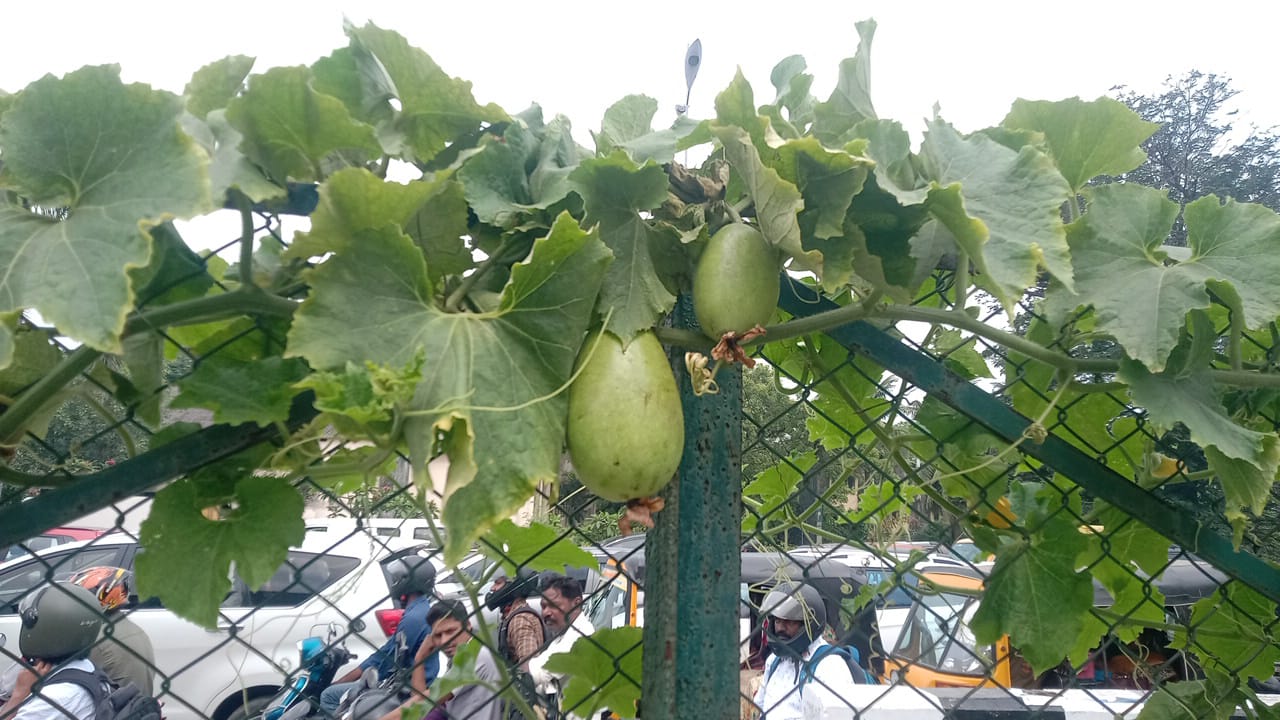
Gabo Alliance Foundation is spearheading an innovative urban agroforestry project focused on developing Miyawaki forests in Chennai and other urban areas.This initiative integrates food-bearing plants and trees into the Miywaki setup, addressing multiple societal challenges at the nexus of food security, environmental conservation, and climate change mitigation.
Miyawaki forests, known for their dense and rapid growth, enhance urban biodiversity, improve air quality, and create green spaces that benefit local communities. By incorporating fruit trees and edible plants, this project not only restores native ecosystems but also provides a sustainable food source for vulnerable and underprivileged communities, enhancing their food security and nutritional intake.
Under the visionary leadership of Maria Antony Dhivyan, the Director of CSR Initiatives at GAF, the project involves close collaboration with local governments, community groups, and environmental organizations to identify suitable urban spaces for forest development. Community members are actively engaged in the planting and maintenance processes, fostering a sense of ownership and stewardship over these green spaces. This participatory approach ensures long-term sustainability and community resilience.
Moreover, the project contributes to climate change mitigation by increasing green cover, sequestering carbon, and reducing urban heat island effects. The integration of agroforestry practices promotes sustainable land use and supports biodiversity, aligning with global conservation goals. This project uniquely combines environmental conservation with social impact, fostering community engagement and ownership. The participatory approach ensures sustainability, as local residents are involved in planting and maintaining the forests. Additionally, the project mitigates climate change by increasing urban green cover, sequestering carbon, and reducing heat island effects. This holistic approach to urban greening, food security, and climate resilience sets our project apart as a model for sustainable urban development.
The project’s participatory model empowers communities, ensuring long-term stewardship and sustainability. By creating multifunctional green spaces, we contribute to mitigating climate change, enhancing urban ecosystems, and supporting social equity. This holistic approach exemplifies how integrating nature into urban development can achieve significant environmental and societal benefits, setting a precedent for cities worldwide to follow in their efforts to meet the global goals for nature and climate.
We measure the impact of our urban agroforestry project using a comprehensive set of metrics that capture environmental, social, and economic outcomes. Key performance indicators include:
Biodiversity Enhancement: We track the number and variety of plant species introduced, as well as the increase in local wildlife populations and diversity.
Carbon Sequestration: Using standardized tools, we measure the amount of carbon dioxide sequestered by the Miyawaki forests over time, contributing to climate change mitigation.
Green Cover and Urban Heat Island Effect: Satellite imagery and on-the-ground assessments help us quantify the increase in green cover and reduction in urban heat island effects in project areas.
Food Security: We monitor the quantity and variety of food produced, along with the number of community members benefiting from the fresh produce, assessing improvements in local food security and nutrition.
Community Engagement and Well-being: Surveys and participatory evaluations gauge community involvement, sense of ownership, and overall well-being improvements due to enhanced green spaces and food access.
Educational and Economic Impact: We assess the number of educational workshops conducted, community members trained, and any economic benefits derived from selling surplus produce.
By systematically tracking these metrics, we ensure our project’s alignment with sustainability goals and its positive impact on urban environments and vulnerable communities.
Harnessing innovation in urban agroforestry can transform urban landscapes for nature and people. This initiative exemplifies how nature-based solutions can address interconnected societal challenges, fostering inclusive, resilient, and sustainable urban environments.
© Renalysis Consultants Pvt Ltd

.png)

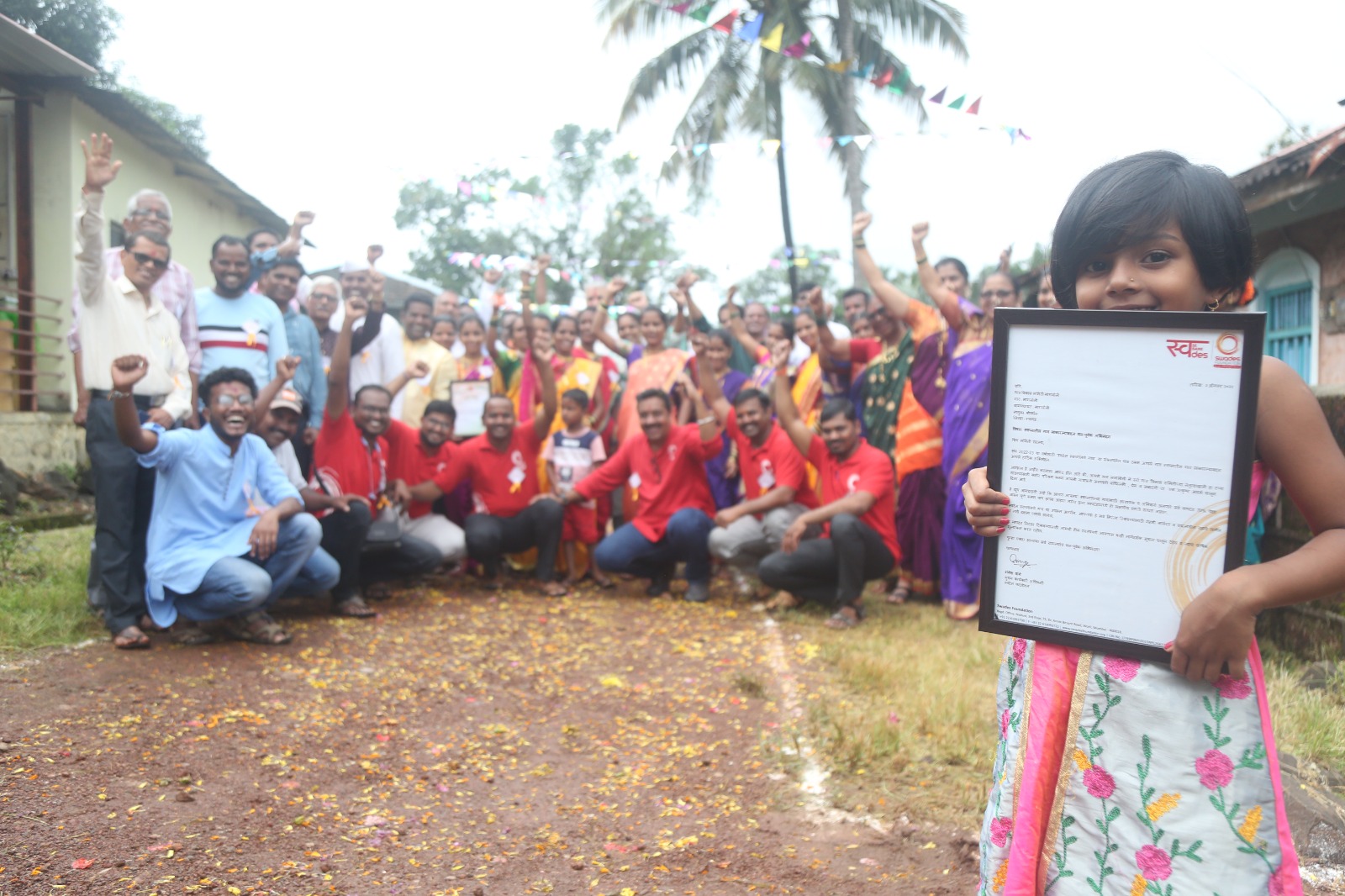
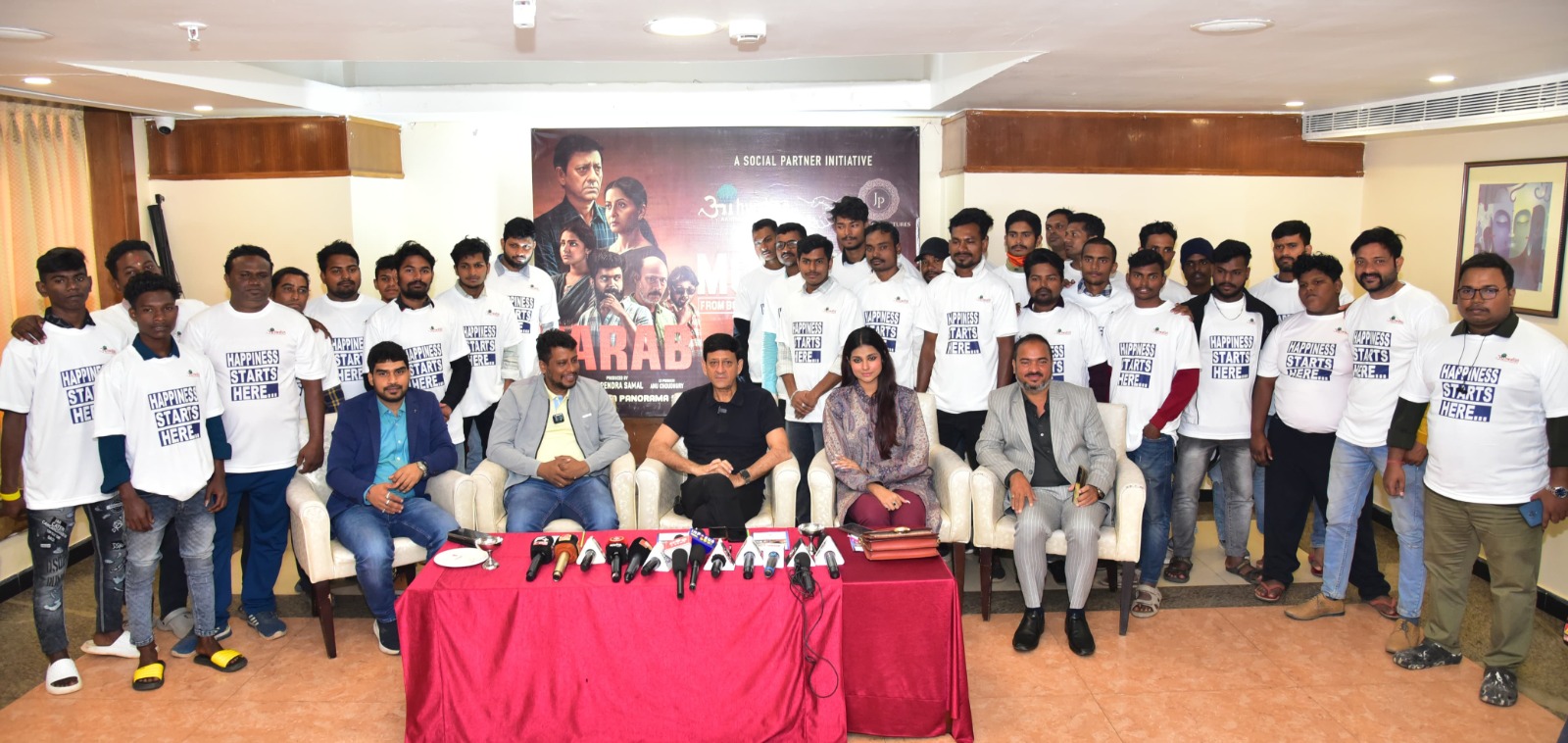
.jpg)
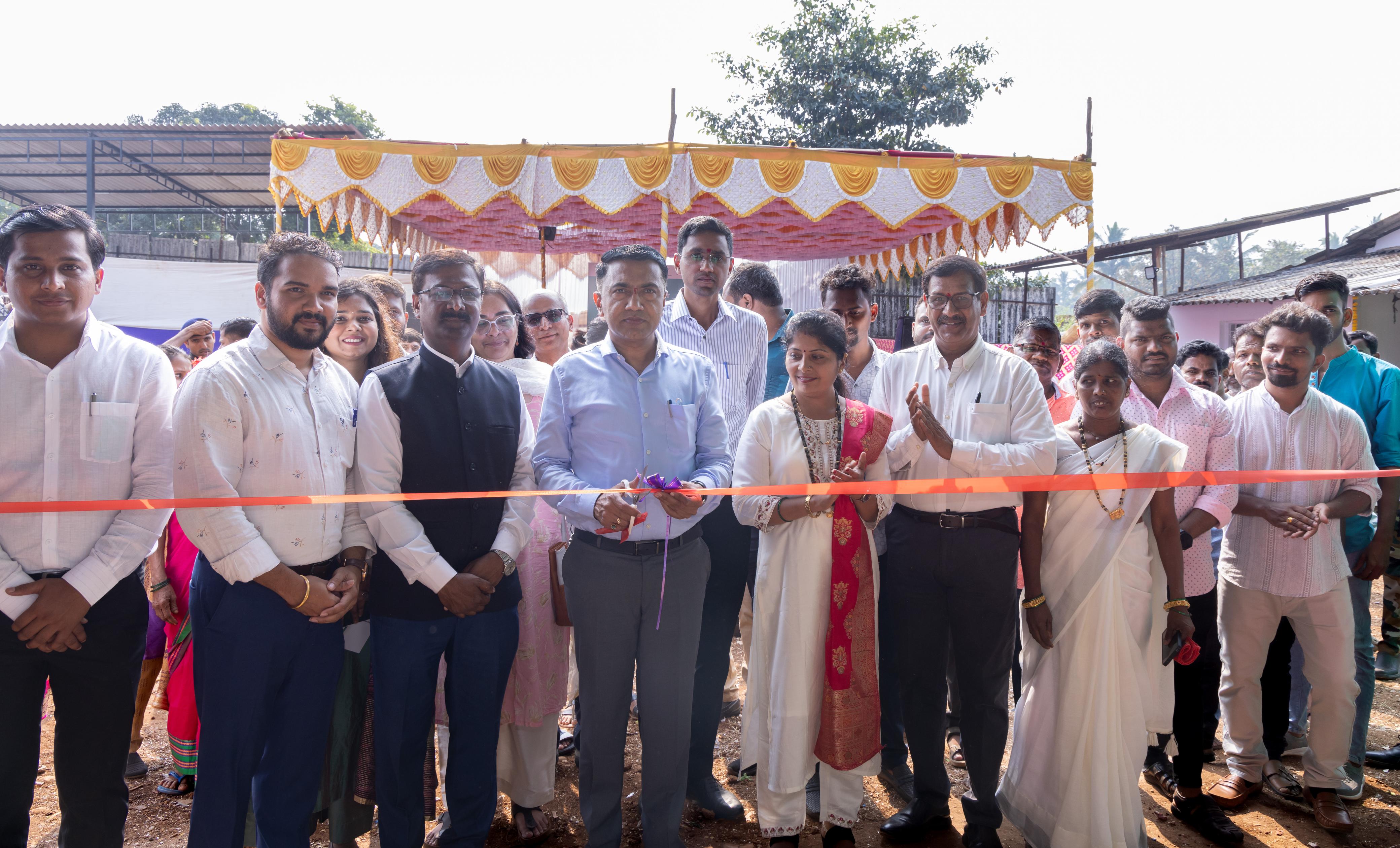
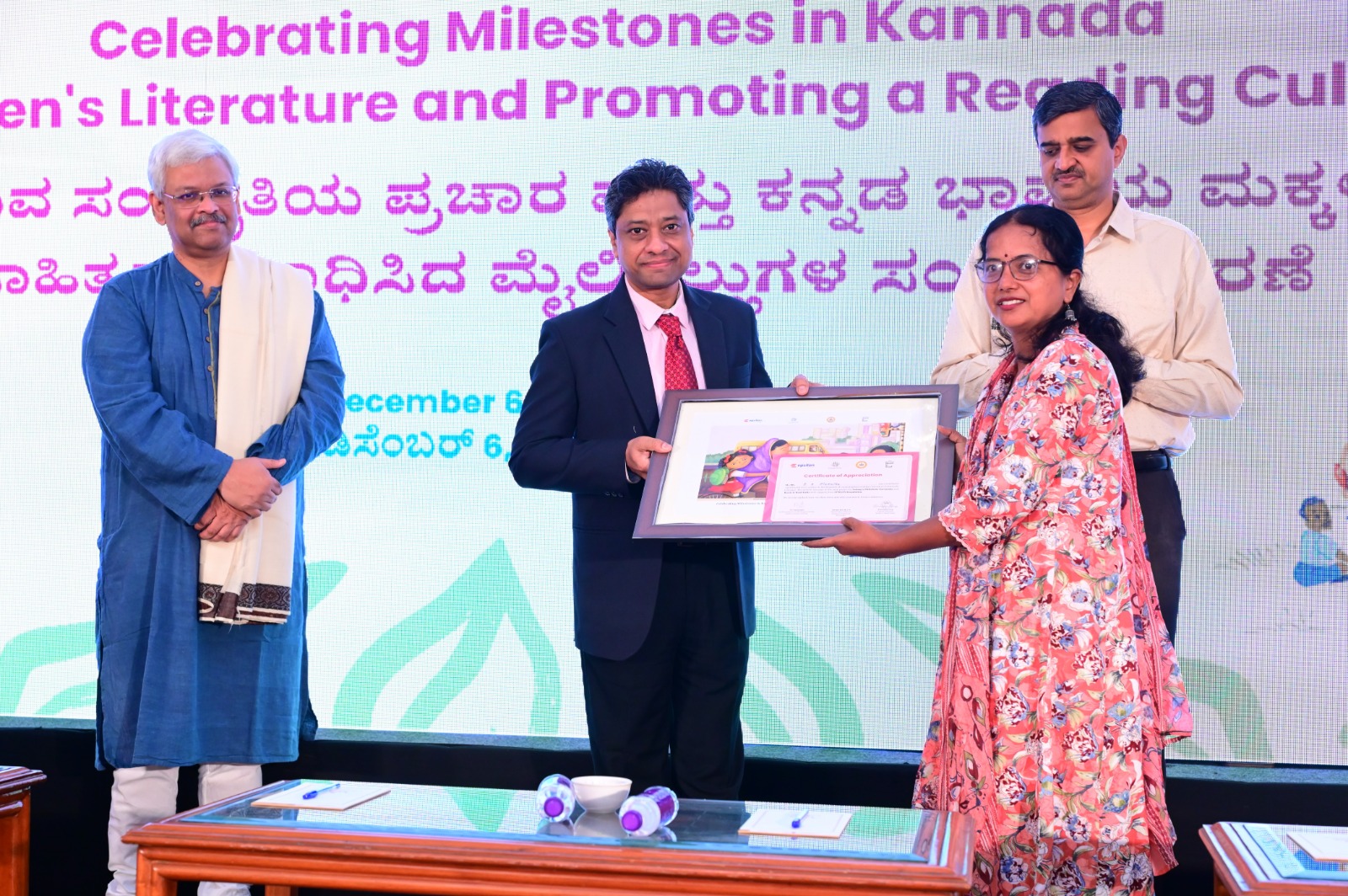
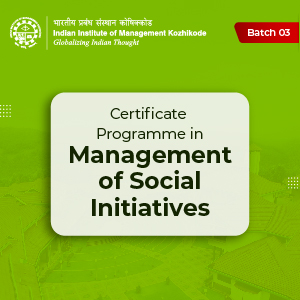

.png)